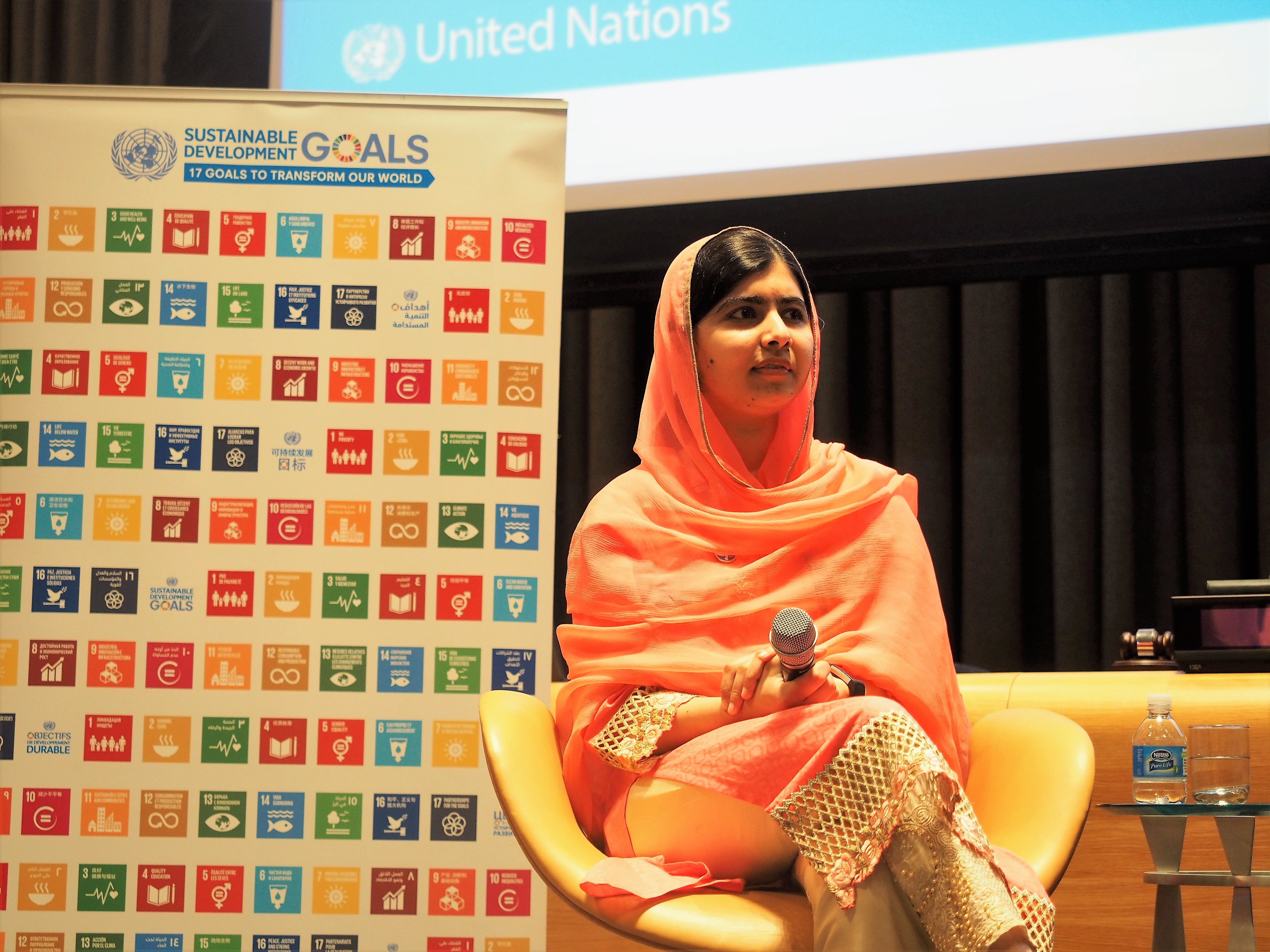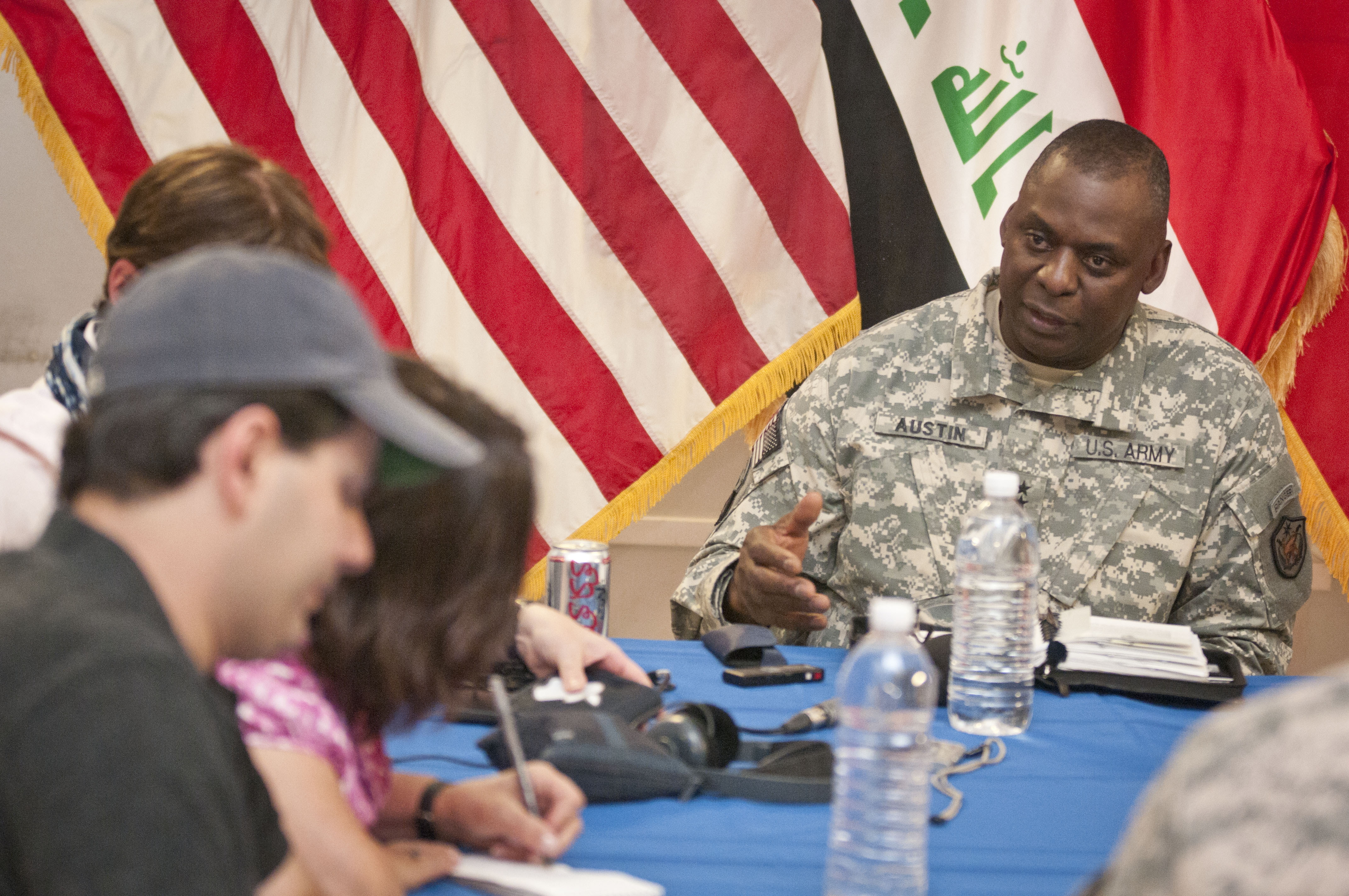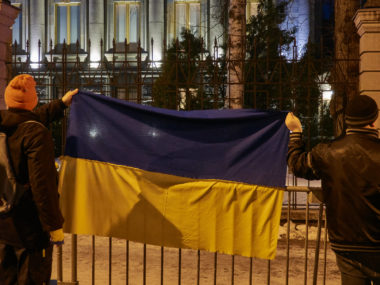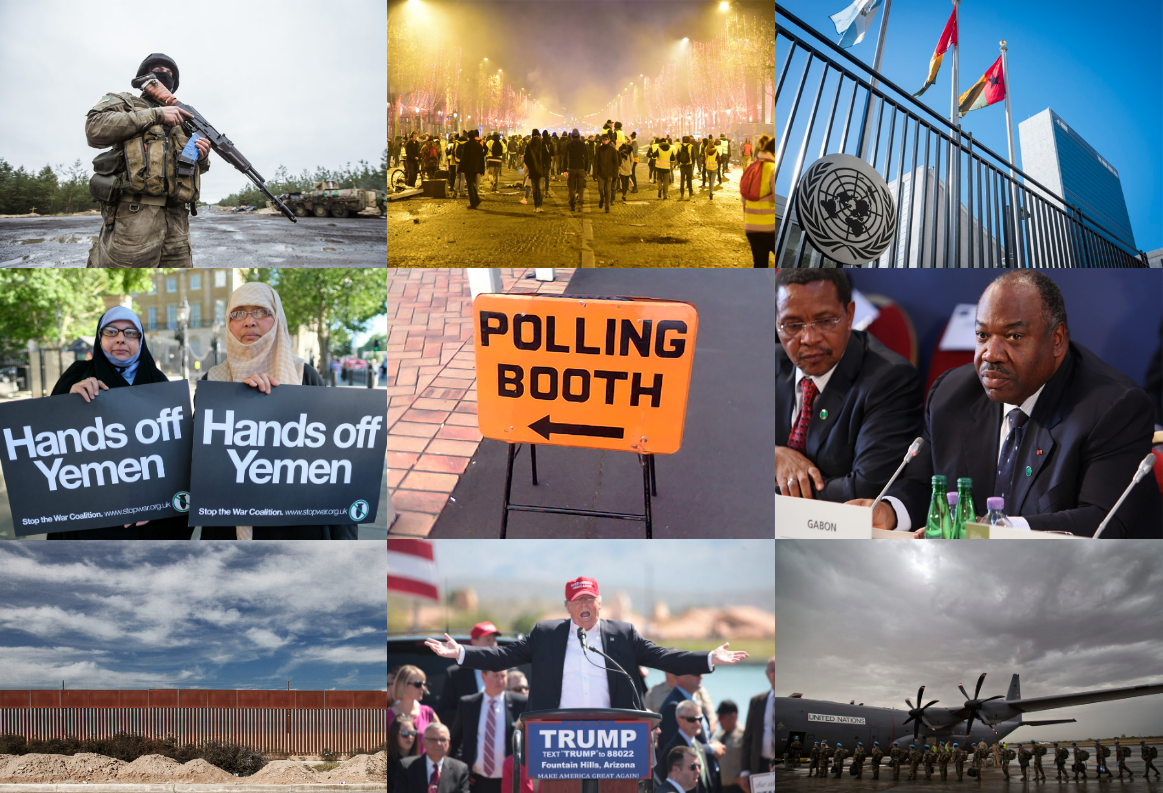Guest post by Kyle Kattelman and Courtney Burns.
Public officials and activists from both the right and left frequently champion the importance of women’s rights in the fight against terrorism. Western countries routinely draft official endorsements and reward prominent activists with the highest honors for their work on its promotion. Perhaps no contemporary individual is as renowned for this as Malala Yousafzai, who as a teenager was shot in the head by the Taliban for promoting women’s education. Remarking on the importance of women’s rights, she states, “…we know that terrorists are afraid of the power of education.”
But are these statements backed by empirical evidence? The examples above are remarks about a specific type of religious terrorism, namely, global Islamist extremism. This is an extremely small subset of a much larger mosaic of terrorism, which some research suggests is not representative of terrorism as a whole. Furthermore, though large statistical studies tend to employ women’s rights as a single measure, there is a lot to unpack from the concept. When we study the individual characteristics of democracy, for example, we find that particular features increase terrorism while others decrease it. Is there a similar pattern with women’s rights?
In a working paper, Courtney Burns and I provide a theory for the relationship between women’s rights and terrorism by identifying the role of gender across different ideologies. The driving logic is that if a certain ideology has well-established gender norms, it will have a sharper reaction to the promotion of women’s rights over other ideologies where gender roles are either unclear or of no importance.
We argue that nationalist and religious ideologies are more sensitive to changes in women’s rights due to defined gender roles within each and the close, symbiotic relationship between the two philosophies. Leaders of these groups motivate their followers to commit violence by creating a sense of “otherness” in their intended victims. Nationhood provides a perfect venue for achieving this, and masculinity plays an important role in defining a nation. Gender norms are clearly established in nationalist groups, as the national state is essentially a masculine institution written by men, for men. The culture of nationalism is constructed to emphasize masculine themes such as honor, patriotism, duty, and bravery, which are necessary traits needed to secure and preserve a nation. Women’s roles, on the other hand, are relegated to biological producers of future members to the budding nation.
Religion follows a similar pattern. Religious fundamentalists combat a world characterized by sexual disorder, where women are seen as encroaching on the masculinity of society. Similar to nationalism, women are seen as biological creators, a role to be kept separate from and secured by men. This overlap permits many ethno-separatist movements to use religion and nationality to self-reinforce the sense of “otherism” and is employed by groups such as Hamas and the Liberation Tigers of Tamil Eelam. This strategy relies heavily on the central role of masculinity and defined gender roles as crucial to the survival of the collective. Threats to these roles are seen as threats to the future of the group.
By contrast, other groups either do not emphasize gender roles or do so in an incoherent manner. Right-wing groups, for example, periodically stress traditional family values that place women in a child-rearing role, yet champion liberal feminist values as a cudgel to rail against perceived threats from Muslim immigration. This disjoint makes it difficult to square these two views, and thus the reaction to women’s rights is dependent upon specific circumstances.
We test the effects of three subsets of women’s rights (political, economic, and social) against four extremist ideologies (right-wing, left-wing, nationalist, and religious), categorized from existing sources—as well as by hand—within a sample of 68 countries from 1980-2011. We find that women’s political and economic rights have significant impacts on nationalist and religious terrorist groups but no influence on right-wing and left-wing groups, providing support for our theory that nationalist and religious groups have more defined gender roles. Furthermore, these rights exert opposing effects on the occurrence of terrorism—increasing political rights by one unit increases the rate of terrorist attacks by 51% from nationalist groups and 128% from religious groups, while increasing economic rights by one unit decreases the rate by 43% from nationalist groups and 57% from religious groups. Social rights had no effect across any ideology. These findings are robust after controlling for a variety of factors, including GDP, region, institutional characteristics, past terrorist attacks, and general human rights abuses by the state. The results also hold when we exclude global Islamist extremists from the sample.
We argue that political rights without financial backing serve as a hollow endorsement of equality, thus bestowing women with nothing more than a symbolic victory. Such a situation only emboldens extremists to act in order to preserve the status quo. This suggests that policymakers seeking to improve the status of women must stress the importance of economic rights at a level on par with political rights. This requires a higher level of investment than political rights, which are seen as the more attractive option. Yet our results suggest that promoting political rights alone may not be the best course, and that Malala’s statements carry more weight than many in the West realize; for though they are quick to laud her bravery, they are more reluctant to promote the cause.
Kyle Kattelman is an assistant professor in the School of Criminal Justice, Political Science, & International Studies at Fairleigh Dickinson University. Courtney Burns is an assistant professor in the Department of Political Science and International Studies at Georgia Southern University.







